Schizophrenia
Recent articles
Emotion research has a communication conundrum
In 2025, the words we use to describe emotions matter, but their definitions are controversial. Here, I unpack the different positions in this space and the rationales behind them—and I invite 13 experts to chime in.
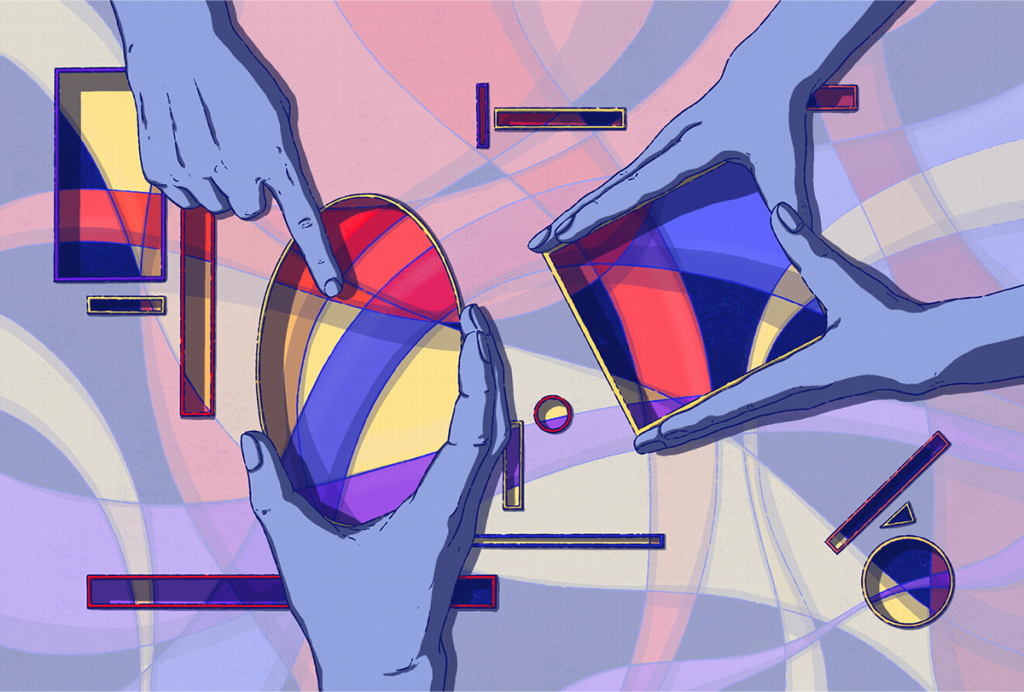
Emotion research has a communication conundrum
In 2025, the words we use to describe emotions matter, but their definitions are controversial. Here, I unpack the different positions in this space and the rationales behind them—and I invite 13 experts to chime in.
Null and Noteworthy, relaunched: Probing a schizophrenia biomarker
This edition of Null and Noteworthy—the first for The Transmitter—highlights new findings about the auditory steady-state response in people with schizophrenia that, all within one study, somehow packed in a null result and a failed replication.
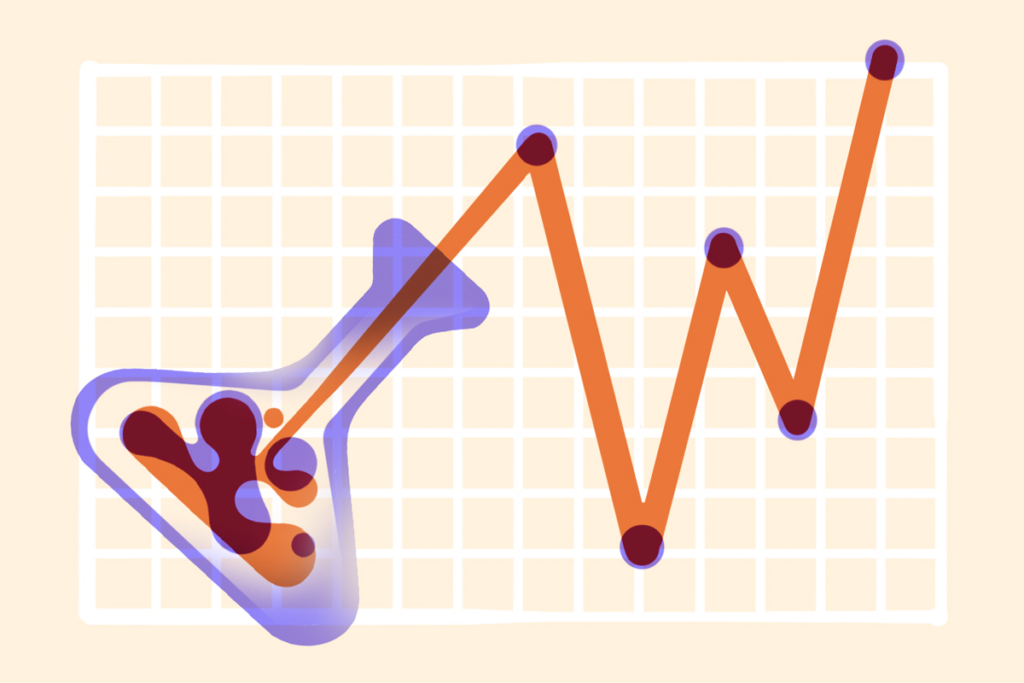
Null and Noteworthy, relaunched: Probing a schizophrenia biomarker
This edition of Null and Noteworthy—the first for The Transmitter—highlights new findings about the auditory steady-state response in people with schizophrenia that, all within one study, somehow packed in a null result and a failed replication.
Why hasn’t genetics taught us more about schizophrenia?
Large-scale genomics studies have failed to identify specific pathways that go awry in schizophrenia. Alternative approaches focusing on cellular, molecular and systems-level changes may be needed.

Why hasn’t genetics taught us more about schizophrenia?
Large-scale genomics studies have failed to identify specific pathways that go awry in schizophrenia. Alternative approaches focusing on cellular, molecular and systems-level changes may be needed.
Assembloids illuminate circuit-level changes linked to autism, neurodevelopment
These complex combinations of organoids afford a closer look at how gene alterations affect certain brain networks.
Assembloids illuminate circuit-level changes linked to autism, neurodevelopment
These complex combinations of organoids afford a closer look at how gene alterations affect certain brain networks.
Newfound gene network controls long-range connections between emotional, cognitive brain areas
The finding could help unravel gene regulatory networks and explain how genetic and environmental factors interact in neurodevelopmental conditions.
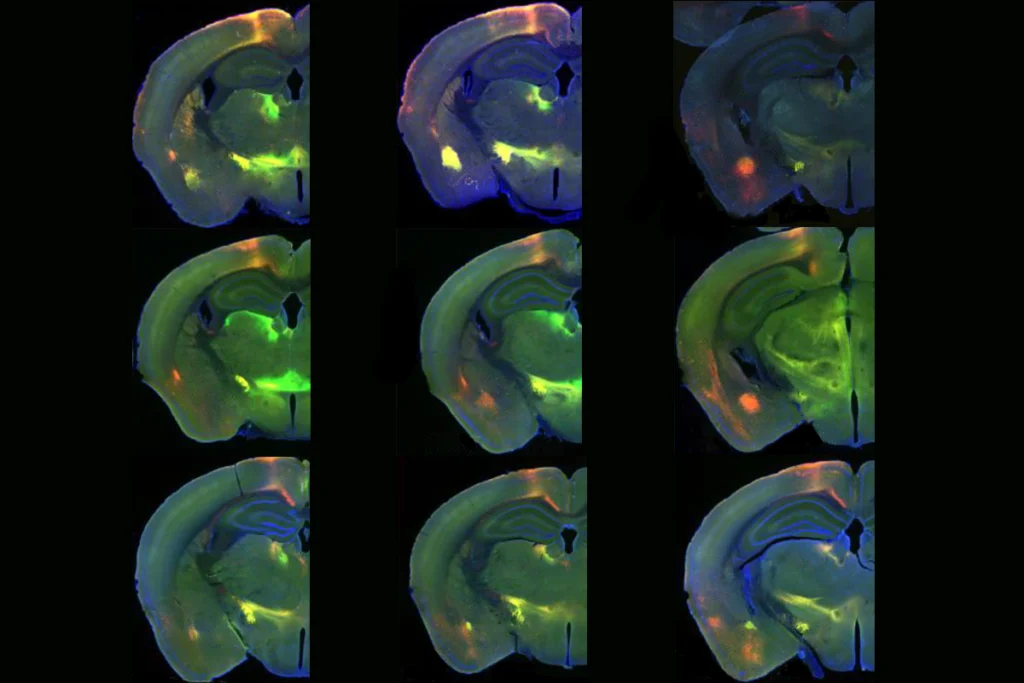
Newfound gene network controls long-range connections between emotional, cognitive brain areas
The finding could help unravel gene regulatory networks and explain how genetic and environmental factors interact in neurodevelopmental conditions.
New catalog charts familial ties from autism to 90 other conditions
The research tool reveals associations stretching across three generations.

New catalog charts familial ties from autism to 90 other conditions
The research tool reveals associations stretching across three generations.
A genetics-first clinic for catching developmental conditions early: Q&A with Jacob Vorstman
A new clinic is assessing children who have a genetic predisposition for autism and other neurodevelopmental conditions—sometimes before traits appear.

A genetics-first clinic for catching developmental conditions early: Q&A with Jacob Vorstman
A new clinic is assessing children who have a genetic predisposition for autism and other neurodevelopmental conditions—sometimes before traits appear.
Brain ‘chimeroids’ reveal person-to-person differences rooted in genetics
These fusions created from multiple donors’ organoids may help scale up comparative brain research.
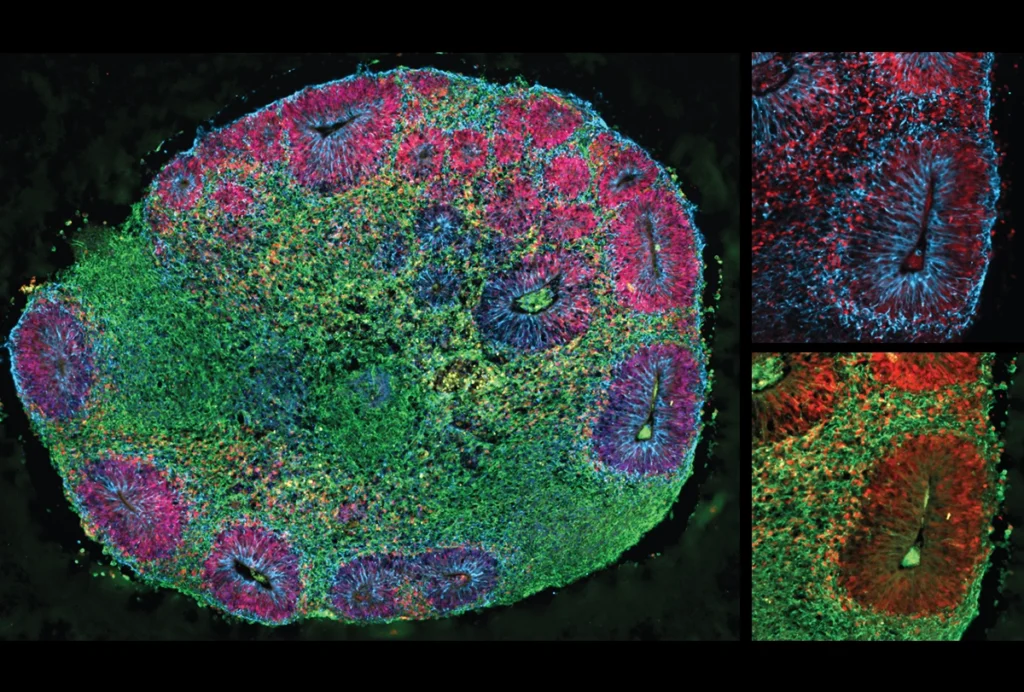
Brain ‘chimeroids’ reveal person-to-person differences rooted in genetics
These fusions created from multiple donors’ organoids may help scale up comparative brain research.
Connectivity takes U-turn in people with rare autism-linked mutations
Patterns of brain connectivity shift during puberty in people with deletion of the 22q11.2 chromosomal region.
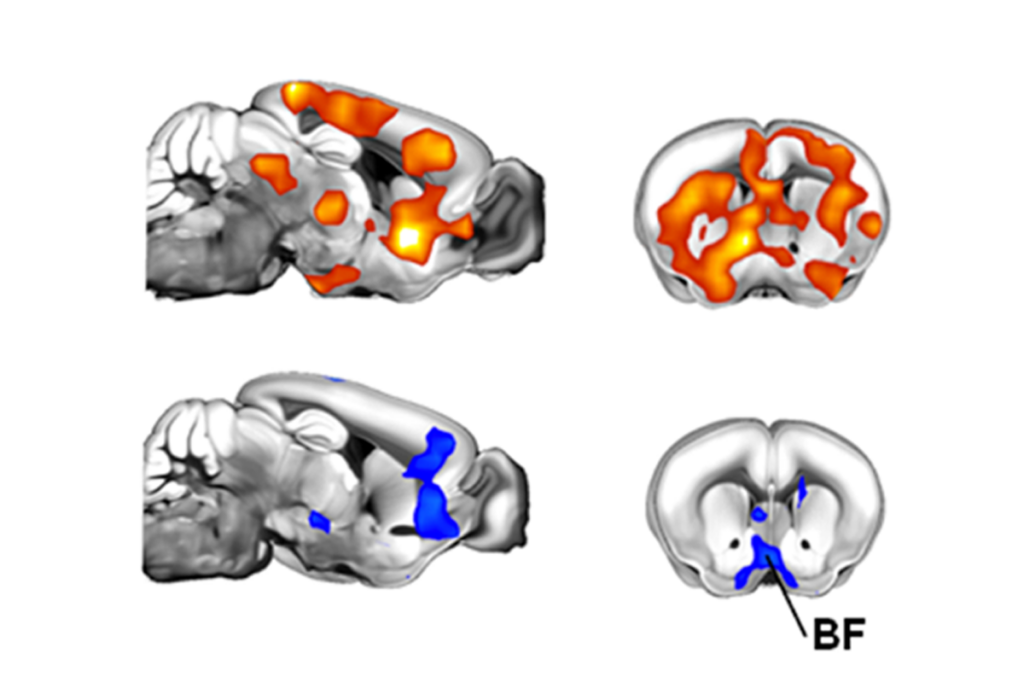
Connectivity takes U-turn in people with rare autism-linked mutations
Patterns of brain connectivity shift during puberty in people with deletion of the 22q11.2 chromosomal region.
‘SNAP’ dance of astrocytes and neurons falls out of step with age, disease
The findings add to growing evidence that astrocytes are star players in cognition.
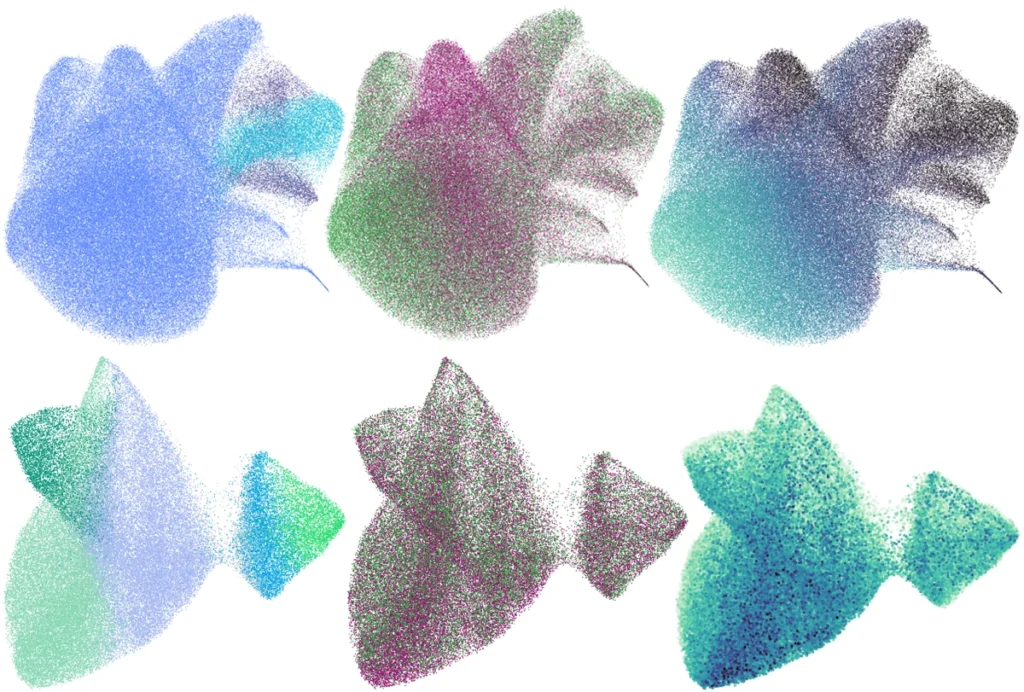
‘SNAP’ dance of astrocytes and neurons falls out of step with age, disease
The findings add to growing evidence that astrocytes are star players in cognition.
Explore more from The Transmitter
New organoid atlas unveils four neurodevelopmental signatures
The comprehensive resource details data on microcephaly, polymicrogyria, epilepsy and intellectual disability from 352 people.

New organoid atlas unveils four neurodevelopmental signatures
The comprehensive resource details data on microcephaly, polymicrogyria, epilepsy and intellectual disability from 352 people.
Can neuroscientists decode memories solely from a map of synaptic connections?
Five experts discuss the progress, possibilities and hurdles of decoding a “nontrivial” memory from an organism just by analyzing its brain connectivity patterns.
Can neuroscientists decode memories solely from a map of synaptic connections?
Five experts discuss the progress, possibilities and hurdles of decoding a “nontrivial” memory from an organism just by analyzing its brain connectivity patterns.
AI-assisted coding: 10 simple rules to maintain scientific rigor
These guidelines can help researchers ensure the integrity of their work while accelerating progress on important scientific questions.

AI-assisted coding: 10 simple rules to maintain scientific rigor
These guidelines can help researchers ensure the integrity of their work while accelerating progress on important scientific questions.